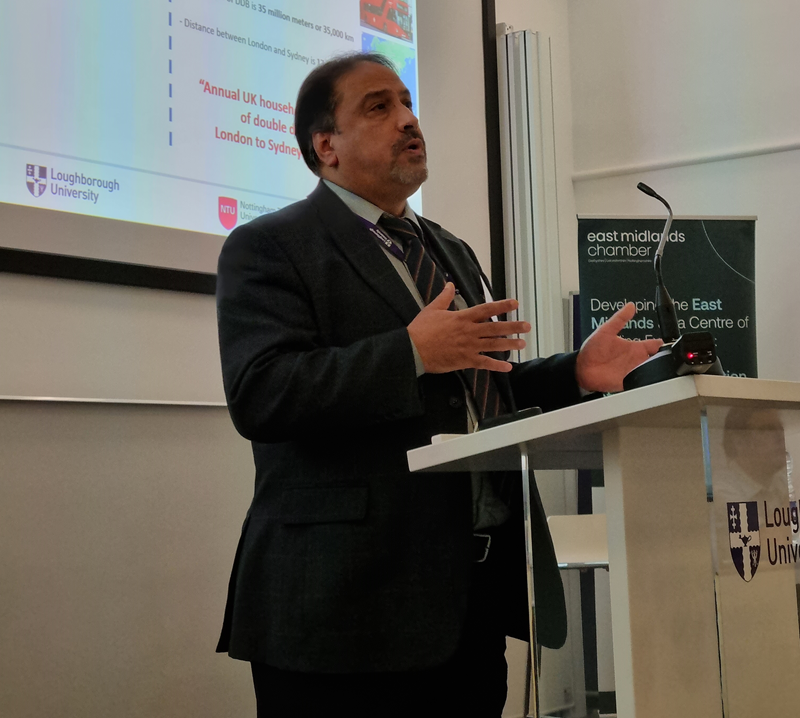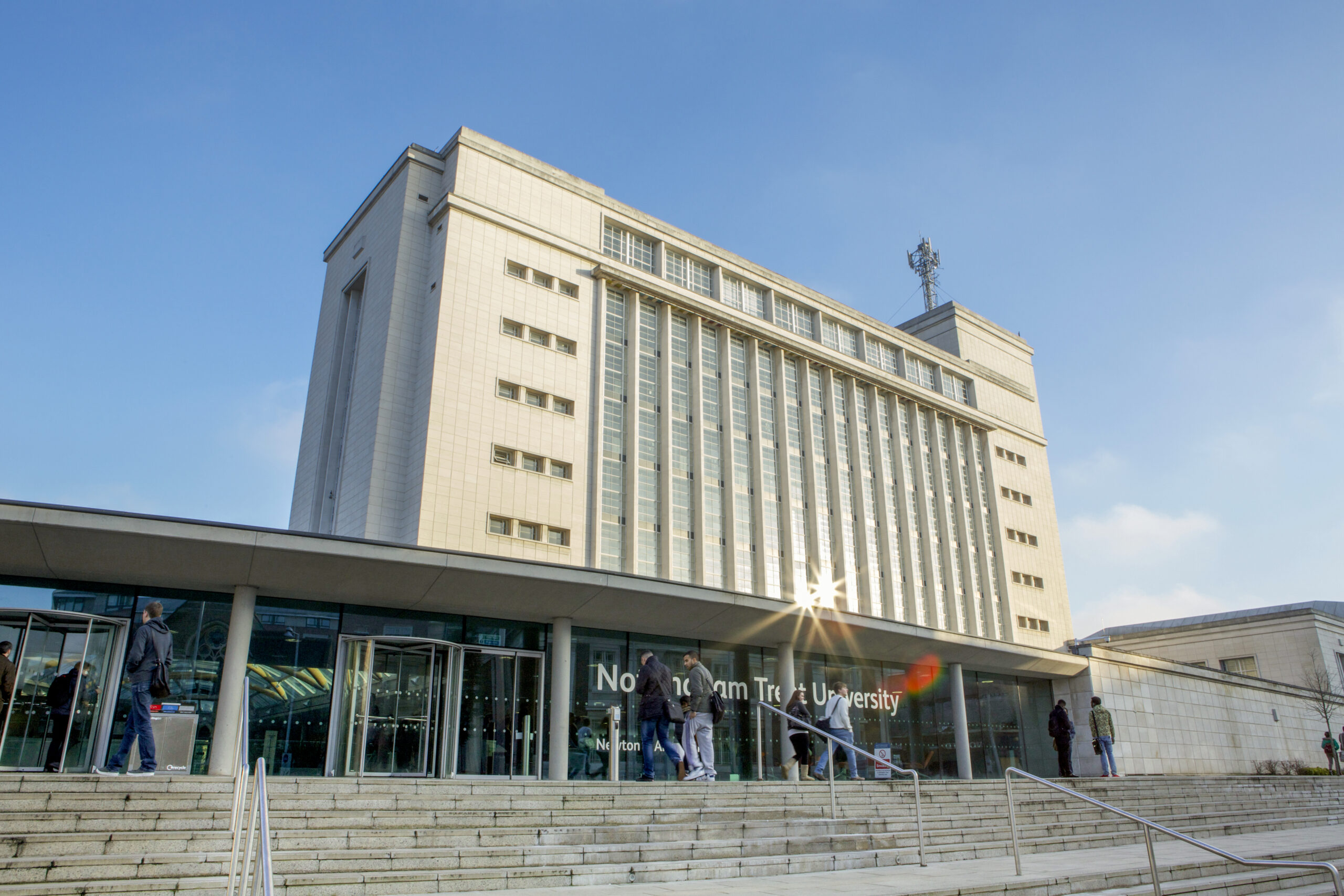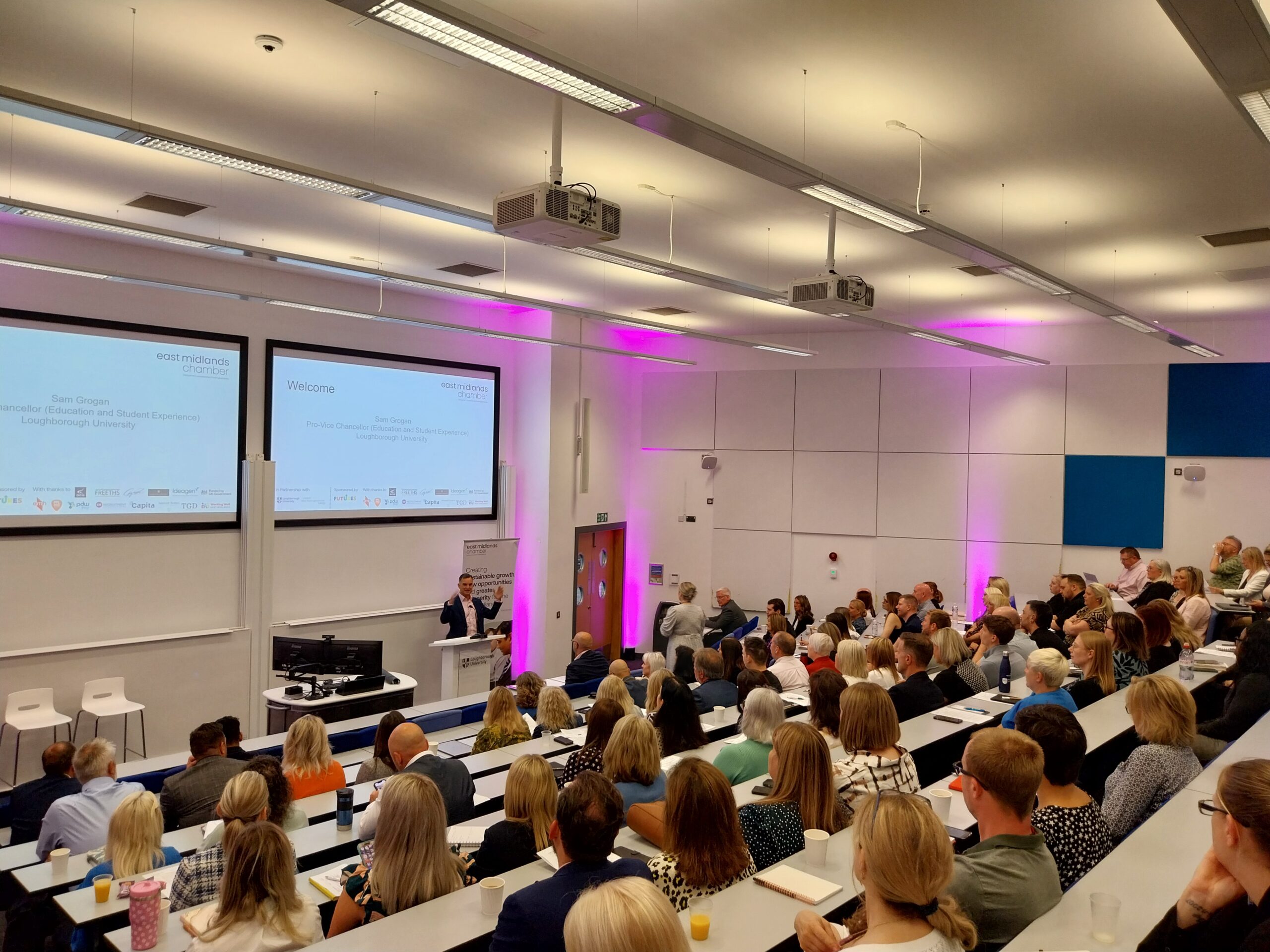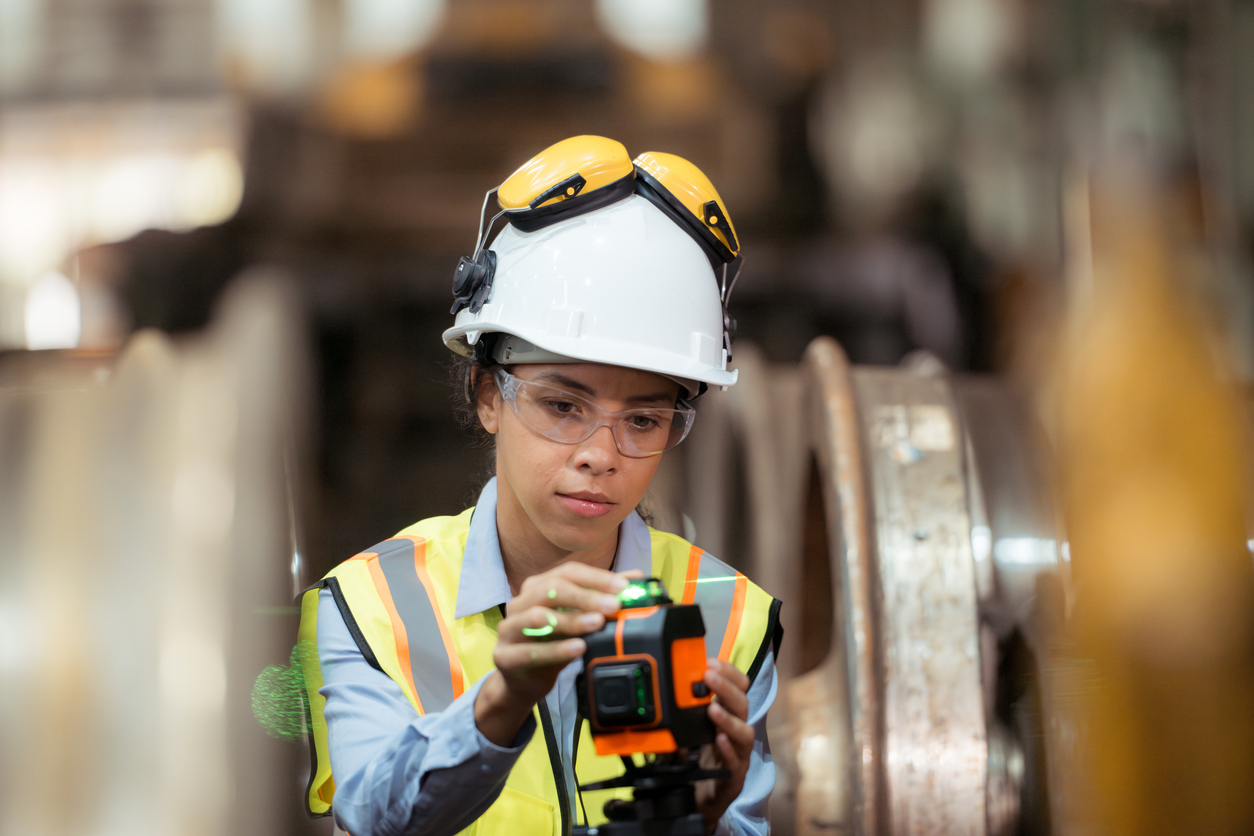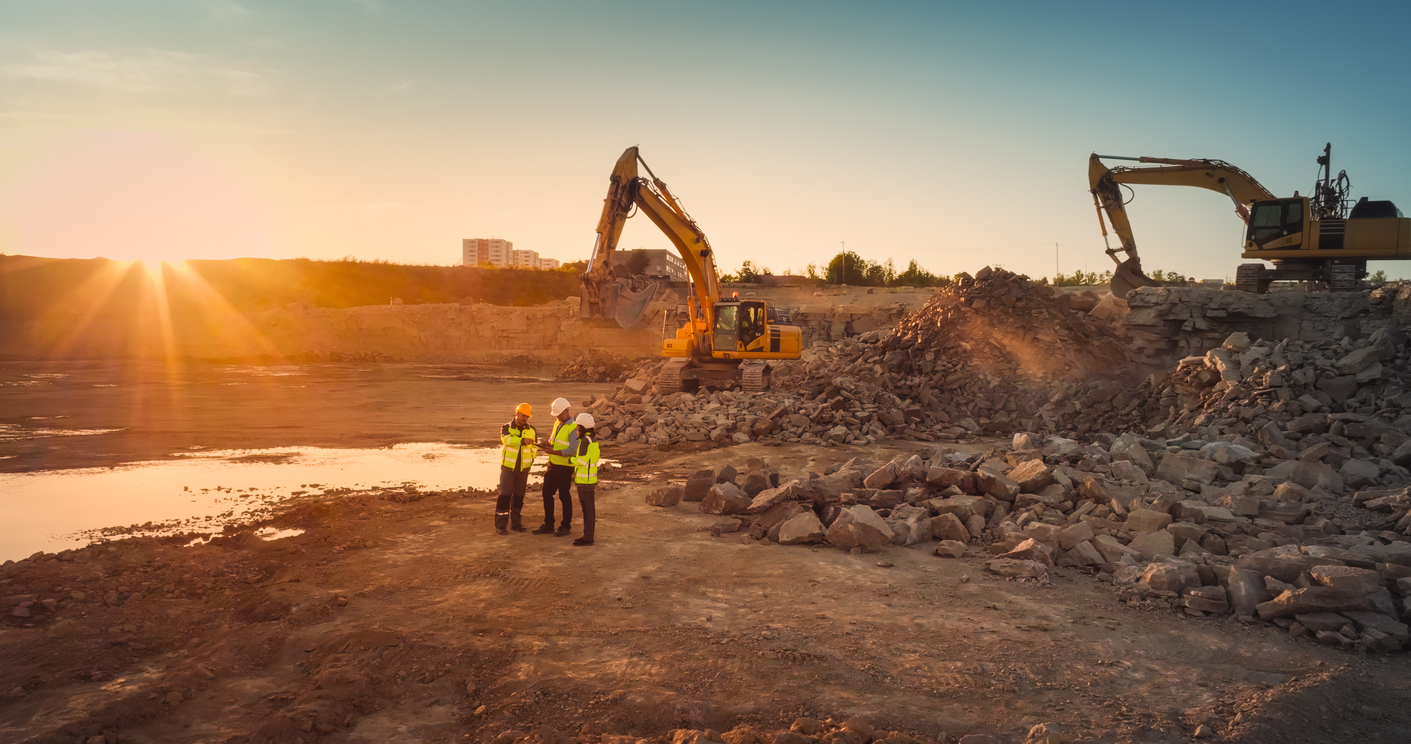East Midlands Chamber’s annual Manufacturing and Trade Conference took place today, bringing together keynote speakers from organisations across the region with workshops and panel discussions.
The conference at Loughborough University unpicked the four “I’s” outlined in East Midlands Chamber’s Manifesto for Growth 2024: Investment, Innovation, Infrastructure and International Trade.
Speakers at the conference included:
- Stuart Dawkins, President – East Midlands Chamber
- Ioan Reed-Aspley, Head of Corporate Affairs – East Midlands Airport
- Jonathan Rawcliffe, Inward Investment Lead – East Midlands Freeport
- Chris Corkan, Region Director – Make UK
- Professor Nick Jennings, Vice Chancellor & President – Loughborough University
- Ian Harrison, Head of Export Development, Dept for Business & Trade
- Professor Jan Godsell, Dean – Loughborough Business School
- Professor Shahin Rahimifard – Loughborough University
- Steve Morris, Director of SME Engagement – Manufacturing Technology Centre
Professor Nick Jennings said: “We have world-renowned universities and centres of excellence that provide a talent pipeline for the region and beyond. We have a broad spectrum of industry specialisms from advanced manufacturing and low carbon energy to space and life sciences… if we work together, we can protect our industrial heritage and drive real growth and competitiveness across the region. Universities are at the heart of this.”
Steve Morris said: “We’re the eighth largest country in the world in manufacturing output and then we’re 24th on the index in robots. The difference between the two is a lack of productivity because we’re not embedding robotics and automation into manufacturing production process.
“East Midlands Chamber have done a phenomenal job bringing the eco system of manufacturing in the region together. We’re all in it together and we’ve all got a part to play and the more that we can join up the dots of all the different eco systems and partners in the region, optimise the assets we’ve got, we’ll get to number seven very quickly.”
Professor Shahin Rahimifard said: “No action is no option. I believe at some point every manufacturing company is going to say material costs are going up, I won’t have access, I can’t get it. During COVID we had this, because of the supply chain interruptions. Imagine those supply chain interruptions were about the lack of availability of the material so you’re not actually able to do business.”
Stuart Dawkins said: “East Midlands Chamber is profoundly aware of the importance of Manufacturing and Trade to our region…the ability of an economy to make things and to sell them is vital. And that is just one reason why events like this are also vital. Our local East Midlands economy has always been underpinned by making things.
“Amongst the policy proposals in the Manifesto for Growth 2024 there is also a handy table of economic data about our region. This shows that the proportion of jobs in the East Midlands in manufacturing is over 11%, compared with a figure of under 8% for Great Britain as a whole. The East Midlands can honestly say that not only did we start the Industrial Revolution, but we also continue to punch above our weight in making things.”
East Midlands Chamber Head of Special Projects Richard Blackmore said: “In a year of political and economic change, the Manufacturing and Trade conference was a chance for businesses to explore the opportunities in the East Midlands and maximise growth potential, while also looking at the challenges faced by these changes.
“The key focus of the conference this year was breaking down the asks in the Manifesto for Growth 2024 that we presented to Westminster this month, going into each of the asks and looking at the interaction between what those asks are and what the manufacturing and trade industries need.”
Professor Jan Godsell led a panel discussion covering issues affecting the region’s manufacturing community such as how to attract investment and whether or not the UK needs a formal investment strategy. The panel was made up of manufacturing consultant Sandra Wiggins; Gurpreet Ghataore, Manufacturing Technology Centre robotics and automation technology manager; Rachel Quinne, executive director of the East Midlands Institute of Technology and Martin Horsman, vice-chair of the Derbyshire Manufacturing Network.
Their key points of advice to delegates included ensuring workers are treated as a key asset; exploiting local support networks to get the most from them; championing the region at national and international level; battling to win brand recognition and investing in people and processes.
